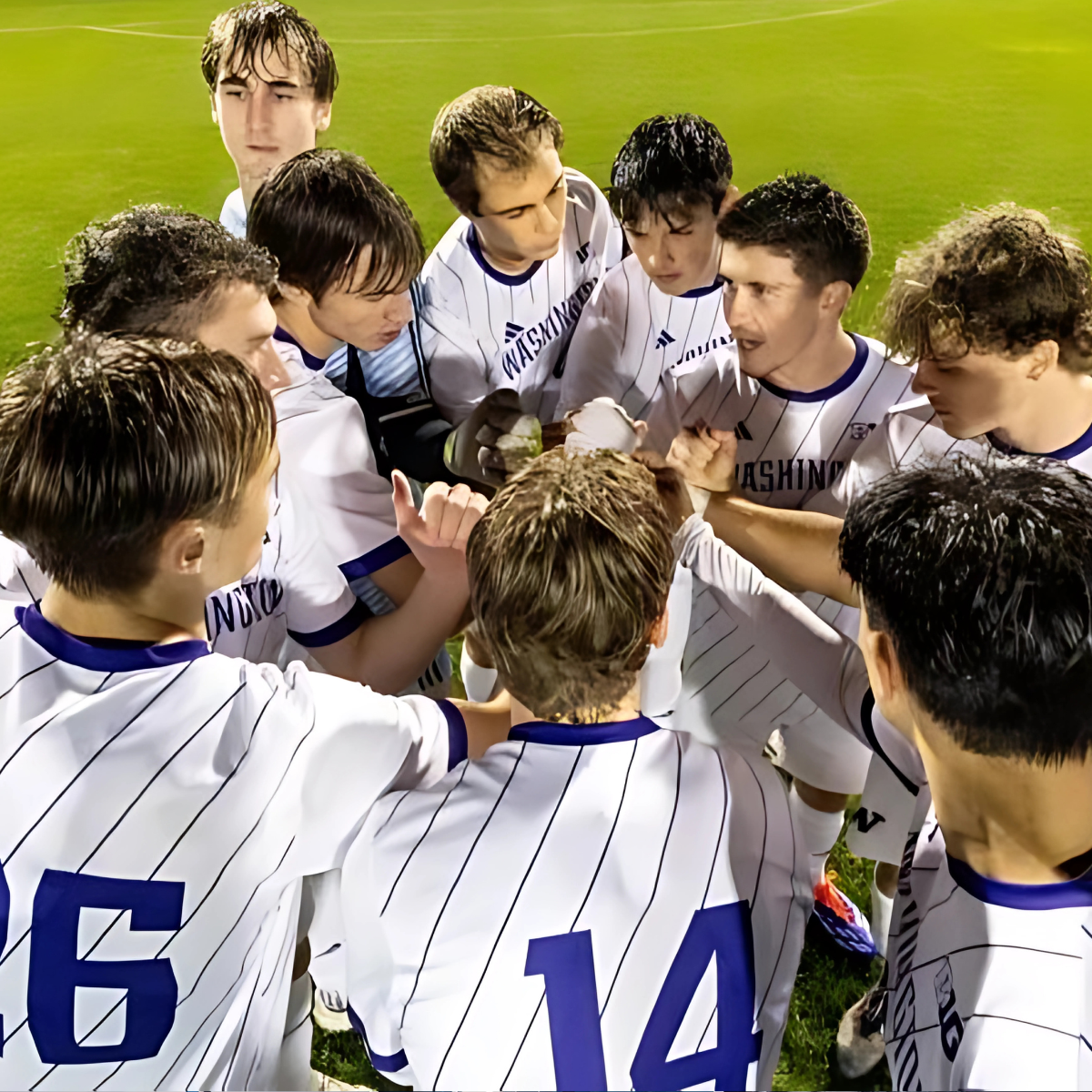The quarterback (QB) is often considered the most critical position in American football, serving as the leader of the offense and the primary decision-maker on the field.
This article explores the various responsibilities of a quarterback, the skills required for the position, and their strategic significance in the game.
1. Primary Responsibilities
The quarterback’s role encompasses a wide range of responsibilities that are vital to the success of the offensive unit:
- Calling Plays: The quarterback typically receives the play call from the coach and relays it to the rest of the team in the huddle. This involves understanding the game plan and making adjustments based on the situation. You can call winners at télécharger Betwinner.
- Pre-Snap Adjustments: Before the ball is snapped, the quarterback analyzes the defensive formation and may call an audible, changing the play based on what they observe. This requires a keen understanding of both offensive and defensive strategies.
- Executing the Play: Once the play is called, the quarterback must execute it effectively. This can involve:
- Passing the Ball: The QB throws forward passes to receivers, aiming for accuracy and timing.
- Handing Off the Ball: The quarterback may hand the ball off to a running back, allowing them to advance the ball.
- Running the Ball: In certain situations, the quarterback may choose to run the ball themselves, especially if they see an opening in the defense.
- Reading Defenses: A quarterback must quickly assess the defense's alignment and anticipate their movements. This skill is crucial for making split-second decisions during plays.
- Managing the Game Clock: The quarterback is responsible for keeping track of the play clock and ensuring that the team snaps the ball in time to avoid penalties.
RELATED: What is a Touchdown in American Football?
2. Skills Required
Being an effective quarterback requires a unique combination of skills:
- Arm Strength and Accuracy: A quarterback must be able to throw the ball accurately over various distances. This includes short passes, deep throws, and everything in between.
- Decision-Making: Quick and effective decision-making is crucial. The quarterback must process information rapidly, deciding whether to pass, run, or hand off the ball based on the defense's reaction.
- Leadership: As the leader of the offense, the quarterback must inspire confidence in their teammates and communicate effectively. This includes motivating players and maintaining composure under pressure.
- Mobility: Modern quarterbacks often need to be agile and capable of escaping pressure from defenders. This mobility allows them to extend plays and create opportunities for their team.
3. Strategic Significance
The quarterback's role extends beyond individual plays; they are integral to the overall strategy of the team:
- Game Management: Quarterbacks help control the tempo of the game. They can speed up the offense during a hurry-up situation or slow it down to manage the clock effectively.
- Balance of Offense: A quarterback must assess the strengths and weaknesses of their team and adjust the offensive strategy accordingly. This might involve focusing on the passing game if the team has strong receivers or emphasizing the running game if the offensive line is effective.
- Impact on Team Success: The performance of a quarterback often determines the success of the team. A strong quarterback can lead a team to victory, while inconsistent play can hinder a team's chances of winning.
4. Notable Quarterbacks
Throughout the history of American football, several quarterbacks have left a lasting impact on the game. Players like Tom Brady, Peyton Manning, and Joe Montana are celebrated for their exceptional skills, leadership, and ability to perform in high-pressure situations. Their successes have set standards for future quarterbacks and shaped the evolution of the position.
The quarterback is a pivotal figure in American football, responsible for leading the offense and making critical decisions that can influence the outcome of a game. With a combination of skills, strategic insight, and leadership qualities, quarterbacks play a vital role in their team's success. As the game continues to evolve, the importance of the quarterback position remains a cornerstone of American football, captivating fans and players alike.
RELATED: The Scoring System in American Football







%20(1200%20%C3%97%20232%20px)%20(9).png)









.png)

